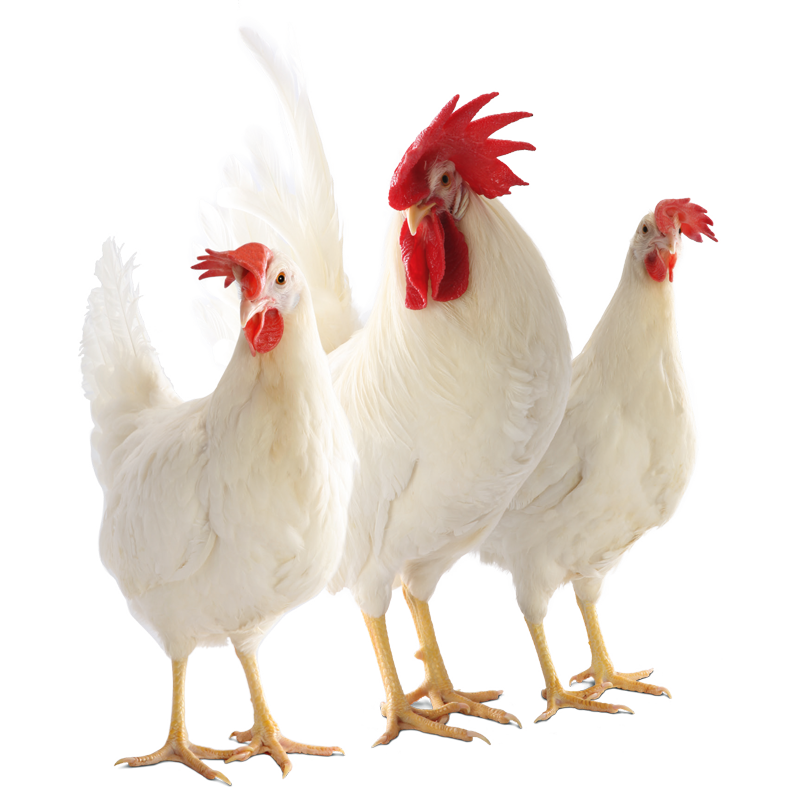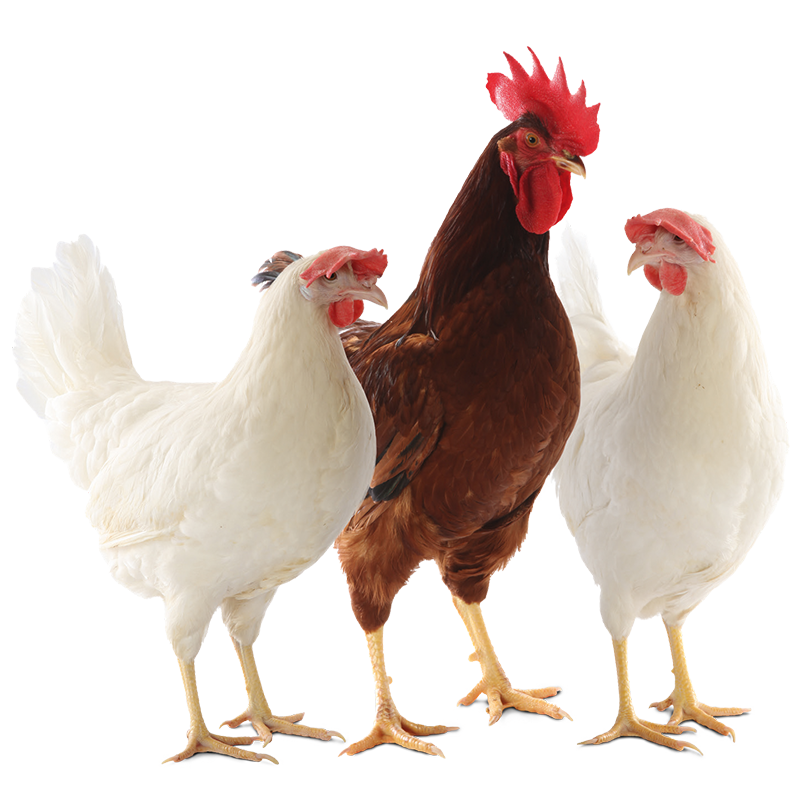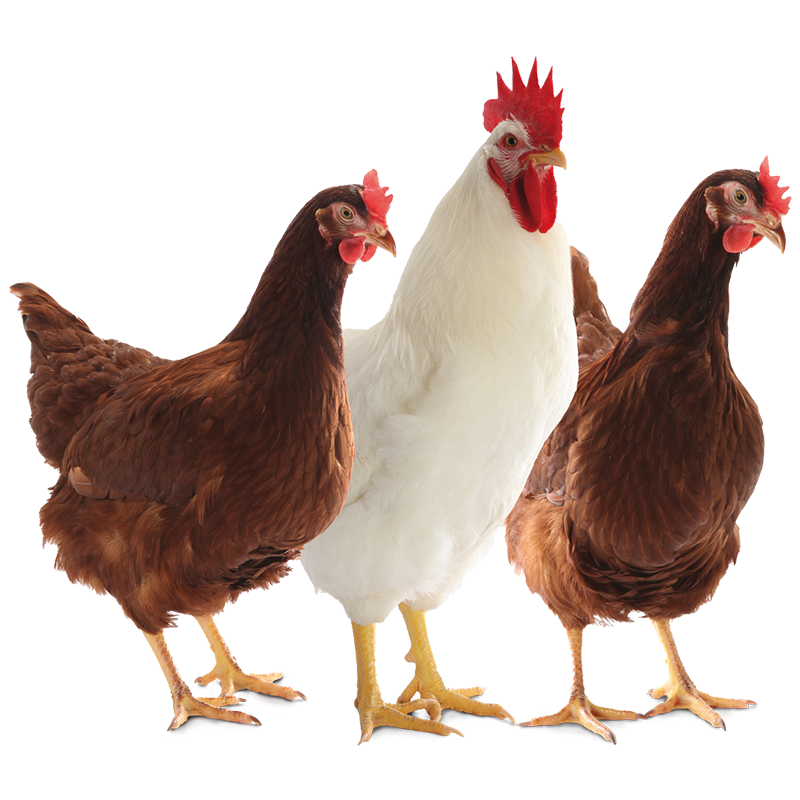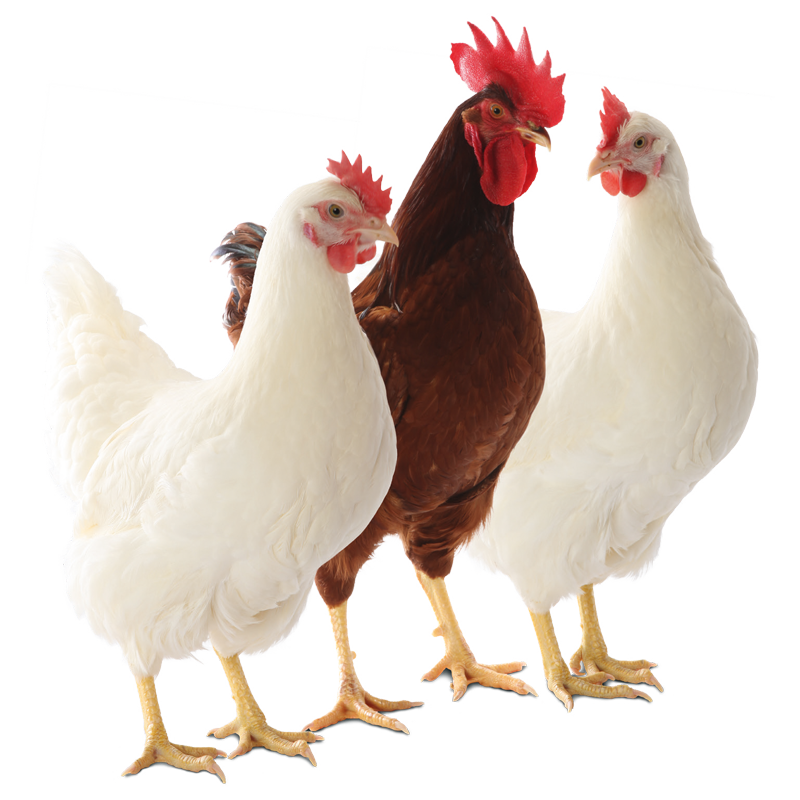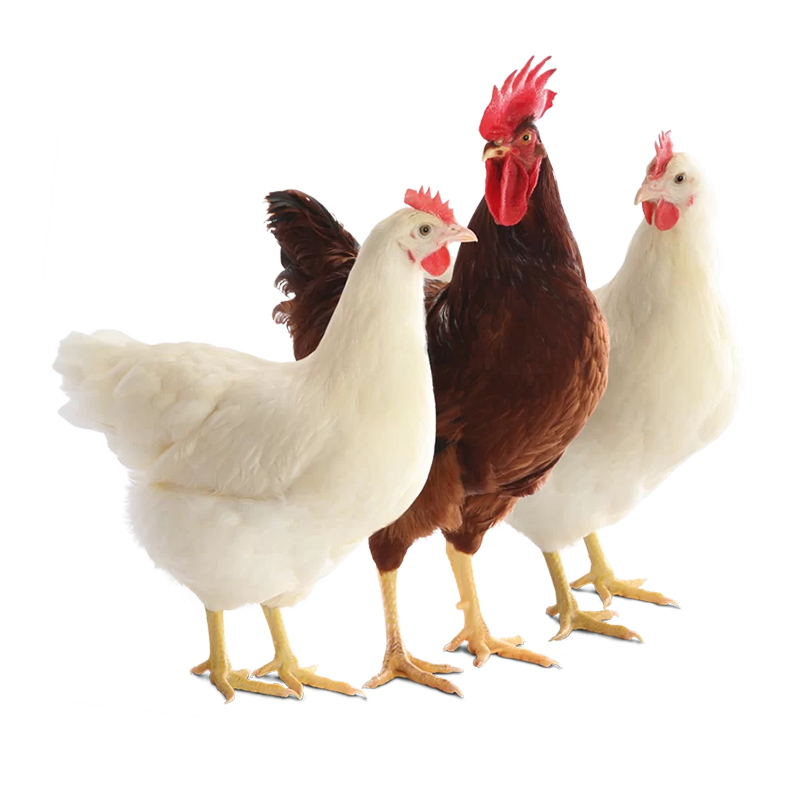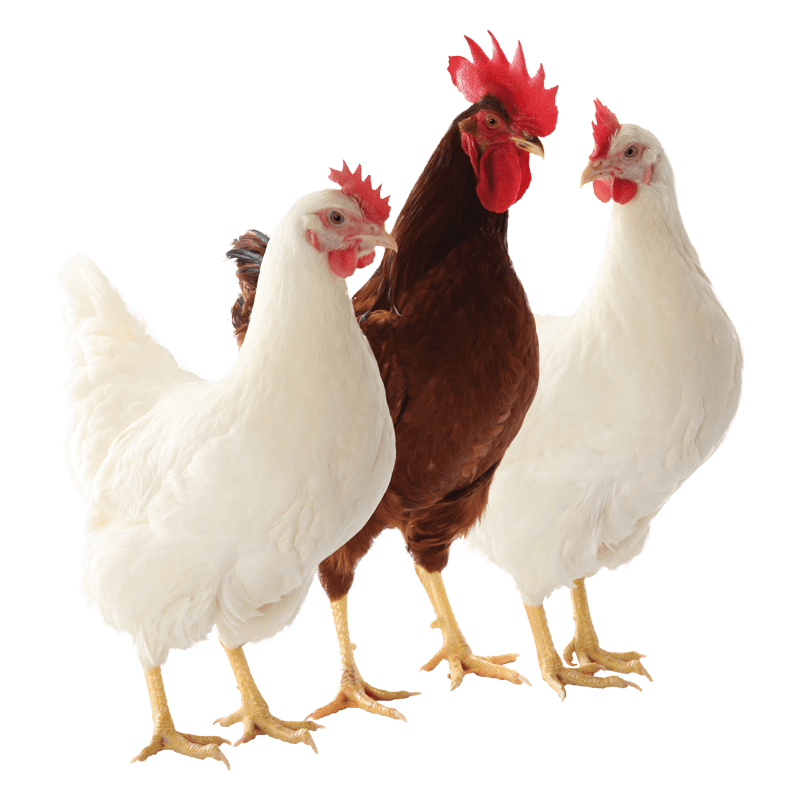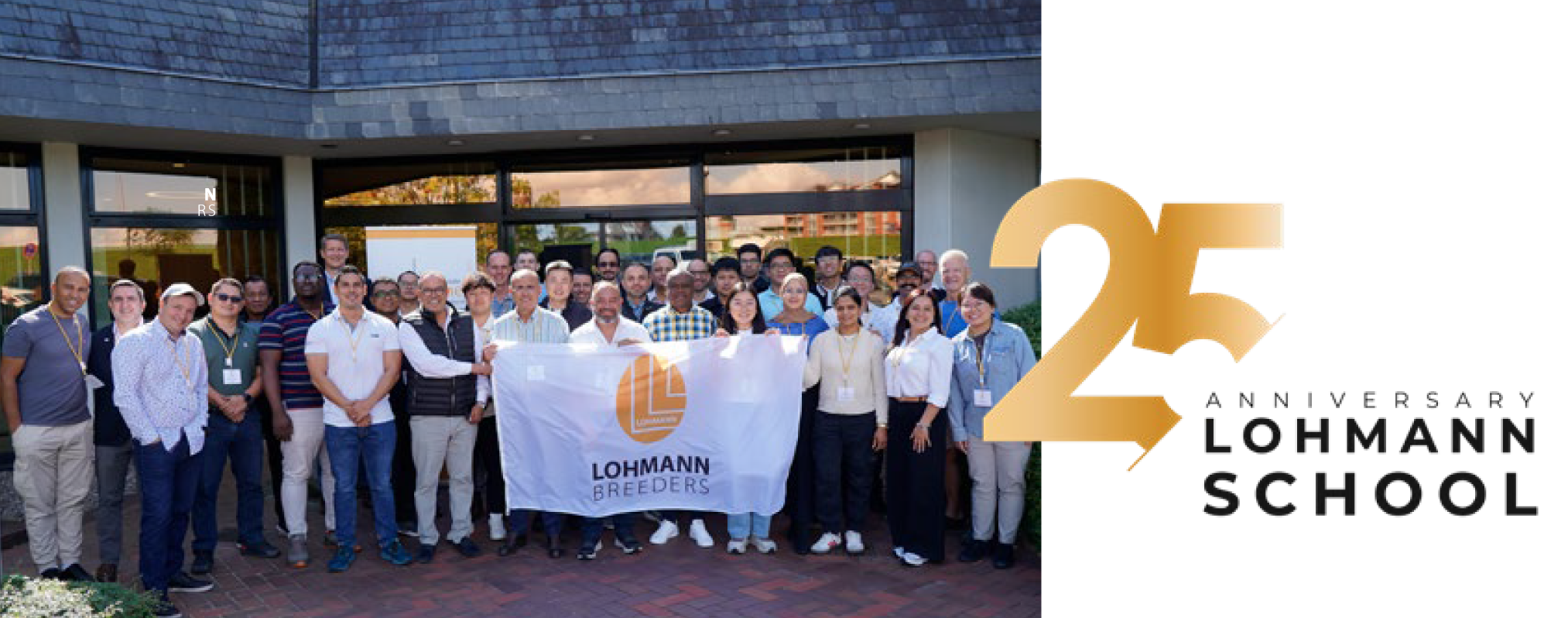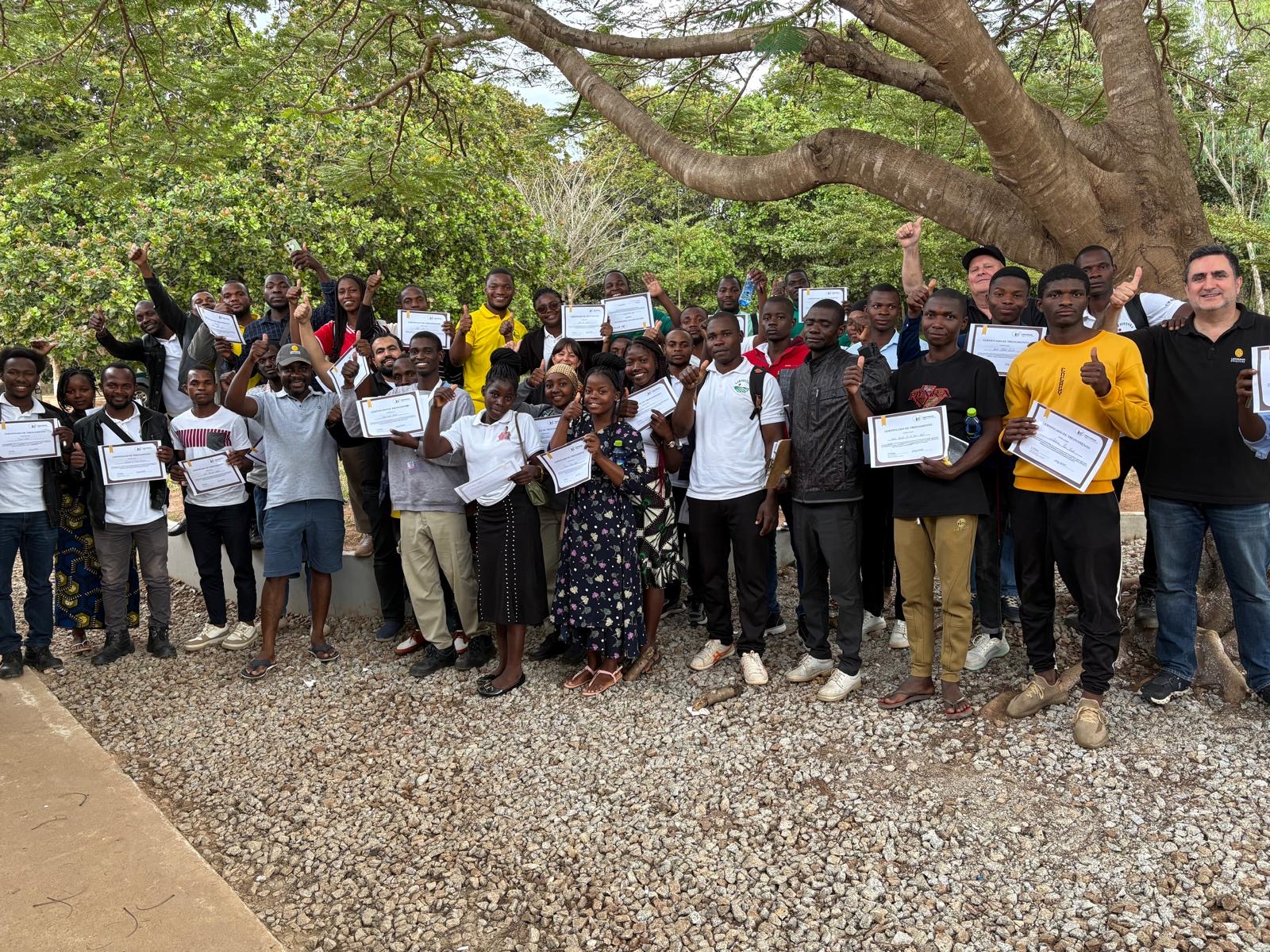From the simplest housing conditions to the most technologically advanced cage-free aviaries or conventional systems, we focus on improving efficiency by adapting our birds.
By delivering the best-performing birds, we not only help increase the profitability of our customers’ operations but also contribute to a better carbon footprint in the food chain year after year—or as we like to say in genetics, generation after generation.
One of our key tools is the crossline test. By placing pedigree crosses in commercial situations, we can analyze the performance of individual hen families, allowing us to track the performance of each family in a given environment.
This enables us to select the most adapted birds more precisely for specific conditions. We have been using this approach for many years.
Bringing crossline pedigree individuals out of the pure line environment is an efficient way to accelerate the genetic improvement and adaptation of our breeds. Through crossline trials, we aim to select birds best adapted for conditions such as open houses, high light intensity, and heat stress.
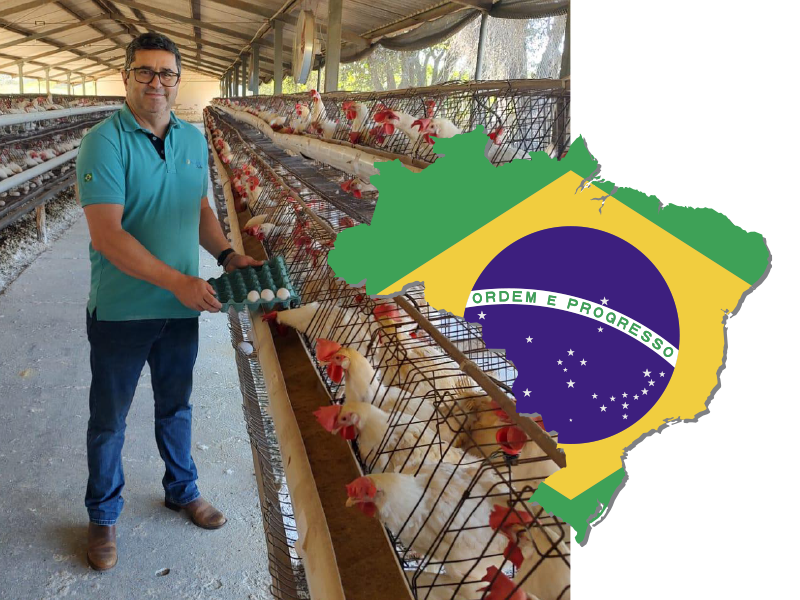
Birds are wingbanded at the hatchery, allowing us to track which family each bird belongs to. When transferring them to production houses, we scan all birds and arrange them in cages to ensure secure data collection on a family basis for the different breeds we develop, both for Brazil and other countries.
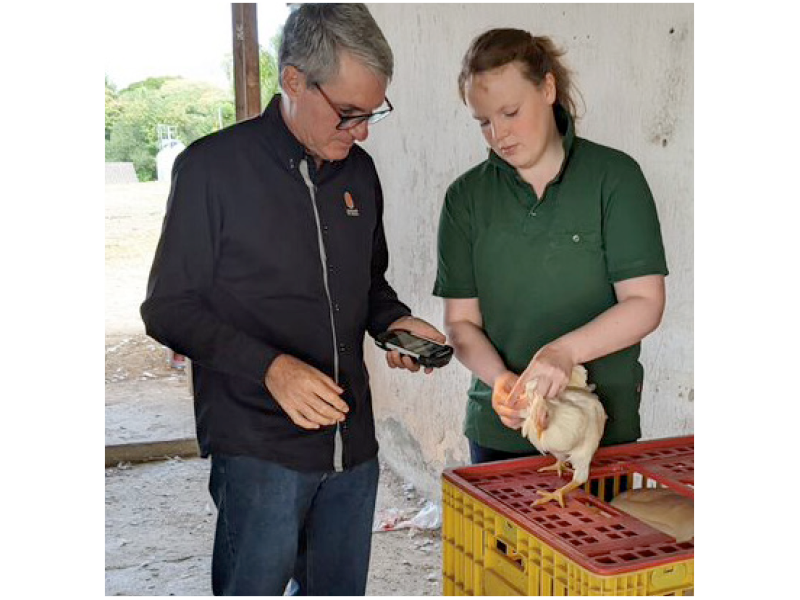
With the assistance of local staff, under the supervision of Prof. Leonardo Lara and Itallo Araujo, and our technical teams from Brazilian distributors LOHMANN do Brasil and Planalto Postura, we meticulously manage data collection.

Brown breeds are scheduled for future placements, alongside the currently challenged white varieties. We plan to strengthen this strategy further in Brazil and other hot climate countries.
Crossline trials, along with various other genetic improvement tools, are vital to our mission of delivering robust birds well-adapted to challenging conditions like open houses and hot climates. This initiative underscores our commitment to continuous genetic enhancement, ensuring our customers receive the best-performing birds for their specific needs.
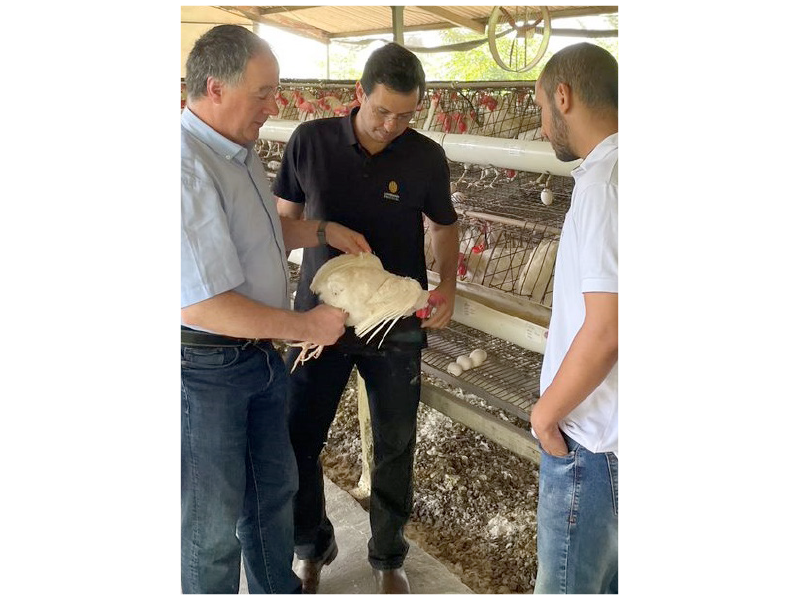
In conclusion, our crossline trials represent a significant advancement in our mission to deliver high-performing, adaptable birds to our customers worldwide. By leveraging cutting-edge genetic analysis and real-world testing environments, we can boost the efficiency and sustainability of poultry production.
Our pioneering efforts in Brazil demonstrate the notable benefits of these trials, from improved bird performance under challenging conditions to real-time data monitoring that supports our breeding strategies.
